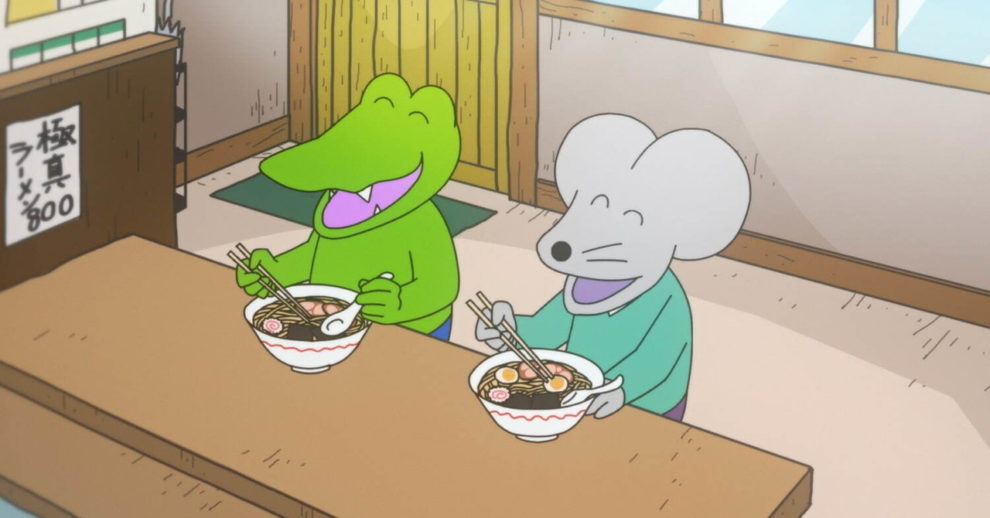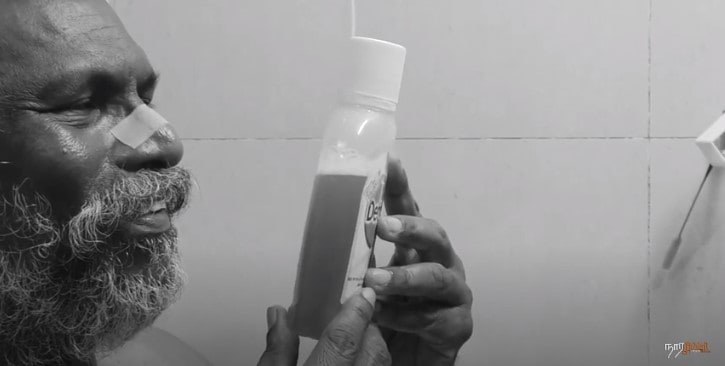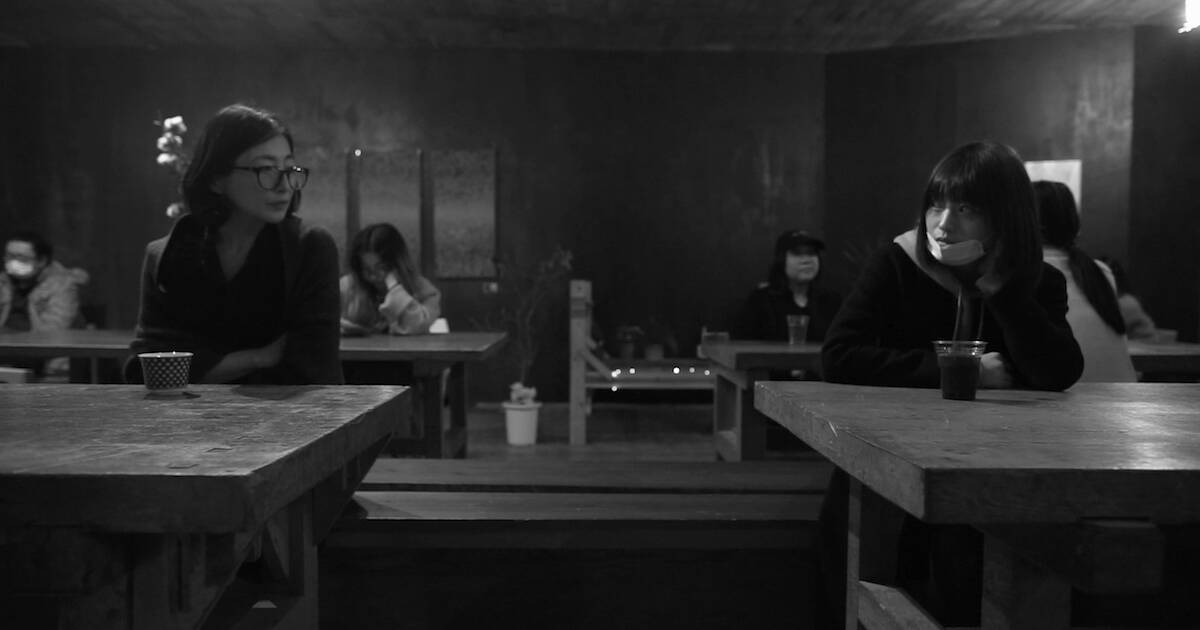by Dawna Fung
The sun is bright and the wind is mild. A light breeze gently blows a trickle of cherry blossoms down. The pale pink flower petals fall off the trees romantically like snowfall. Friends gather in the park with food and drinks prepared on picnic blankets, waiting for Wani to come. But they do not know that Wani will never come back anymore.
Adapted from the viral Japanese manga hit ‘A Crocodile who will Die in 100 Days' illustrated by Yuuki Kikuchi, the animated film ‘The Crocodile that Lived for 100 Days' is brought to the big screen by two young directors Shinichiro Ueda and Miyuki Fukuda.
The movie chronicles the daily anecdotes of the protagonist, Wani, a crocodile who dresses and talks like a human. His life is ordinary. He works in a cafe, eats ramen with friends and walks down the street. After 100 days, he dies. On a morning in April, a bird tries to cross the road dangerously when a vehicle approaches fast, and Wani sacrifices his life to save the bird's.
Unlike most traditional movies, there is no significant plot at all. The film plainly records various trivial things that Wani experiences in his daily life. However, that is exactly how the directors intend to show what our lives are. Most of the time, they are dull and repetitive with little surprises.
Death is the main theme that the directors attempt to highlight. In the story, Wani's friends meet up in the park for ‘flower viewing', a century-old custom also known as ‘hanami'. As witnessing the flowers bloom and fall gracefully, Japanese people understand the glorious thriving and inevitable withering of life. The directors bring in the cherry blossoms as a metaphor to symbolize the transient nature of life. To facilitate the discussion of mortality, a peaceful atmosphere with delicate flowers is set. Yet, the film is able to put the theme forward not just through the picturesque scenery of spring, but also with some wisely chosen music. That has a calming effect on our souls, making it an extremely comforting journey to go.
Besides the notion of life and death, the script alone is well-written with strongly developed characters. The audience feels an affection for Wani early as he is a good-natured man. He makes the crying baby laugh with his playful grimace on the street, and he treats his colleagues and friends well. But the story also reveals his weakness and flaws, which turns Wani into an even more lovable character with flesh and blood. In the movie, Wani is relatively quiet and timid, unable to express himself sometimes. He has a crush on a girl who works in the same cafe with him, but he would look away nervously when her eyes catch his. Wani finally has enough courage to ask her out on Christmas and New Year's Eve, with his low voice and fiddling fingers. She sadly turns him down because of work. The audience immediately laments in the theatre ‘what a pity! Wani will die within a few months soon!' Days are ticking down, but the cruel reality is we never know what will happen in the future and when we will die.
There are regrets. Wani never tells his friends and family how much he loves them before he passes away. When his parents invite him for dinner, he rejects it, believing that he still has many chances ahead. The brevity of life strikes the busy metropolitan and is forced to reflect on the reality that we ignore our beloved family when we are too occupied with work and social activities.
In line with the manga, there is little dialogue while most of them are funny jokes. Wani and his male friends do not explicitly share their emotional or inside feelings, yet the audience can tell that they have a close bond with each other from the relaxing laughter. The pace is steady with many pauses throughout the story, giving the audience some space to meditate. Overall, the production approach is subtle and just right.
















